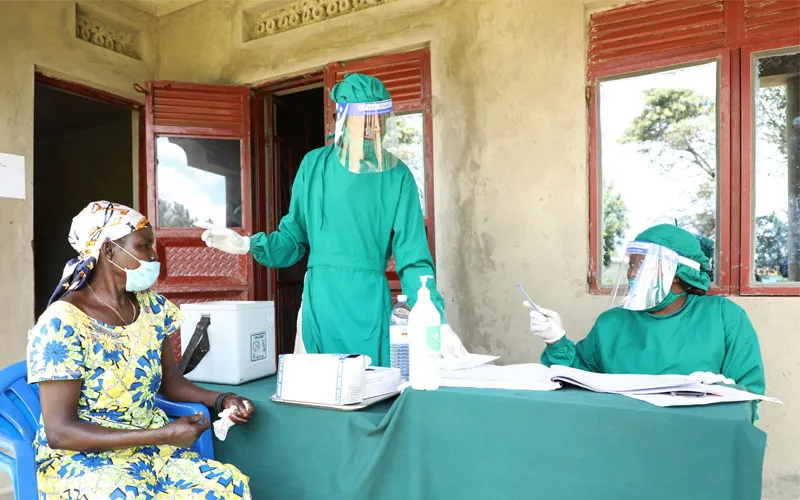Mr. Hansen states that it is important to address the concerns raised by the people of God in the world’s second largest continent because, “if we do not improve the vaccination quota worldwide as quickly as possible, new mutations will form and ultimately reduce the effectiveness of the previous vaccines. Then we in Europe will have to start all over again and an end to the pandemic will be a long way off.”
The MI official further notes that while global leaders focused on the fair distribution of vaccines at the October 24 - 26 World Health Summit in Berlin, a lot more is required to achieve the worldwide vaccination quota.
“At the World Health Summit there has been a lot of talk in the last few days about a fair distribution of vaccines. This is of course the basic requirement for combating the pandemic. But that can't be all. We have to improve the infrastructures in the countries and win people's trust in the vaccines,” says MI’s Head of the Africa Department.
According to reports, only 15 out of 54 African countries have met the World Health Organization (WHO) global goal of fully vaccinating 10% of their populations by September 30.
According to the Immunization and Vaccines Development Program Coordinator for WHO Regional Office for Africa, Dr Richard Mihigo, “opaque delivery plans are still the number one nuisance that hold Africa back.”
Dr. Mihigo has also highlighted vaccine hesitancy as an issue of concern “here and there.”
The WHO official said the organization is working towards identifying bottlenecks in countries where limited technical capacity to deliver vaccines has hampered inoculation campaigns.
In June, Catholic Bishops in South Africa said some of the concerns about COVID-19 vaccines were the duration of producing them, associating the jab with the mark of the beast, and that the inoculations have various side effects.
“COVID-19 has taken less than a year to produce, and the question is ‘is it really genuine and effective?’” the members of the Southern African Catholic Bishops’ Conference (SACBC) posed in their June 4 statement.
SACBC members said South Africans should not be worried about the duration of production as different “trusted” scientists in the country assured the people that research on COVID-19 was done faster with large numbers of people ensuring safety and efficacy measurements were not compromised.








